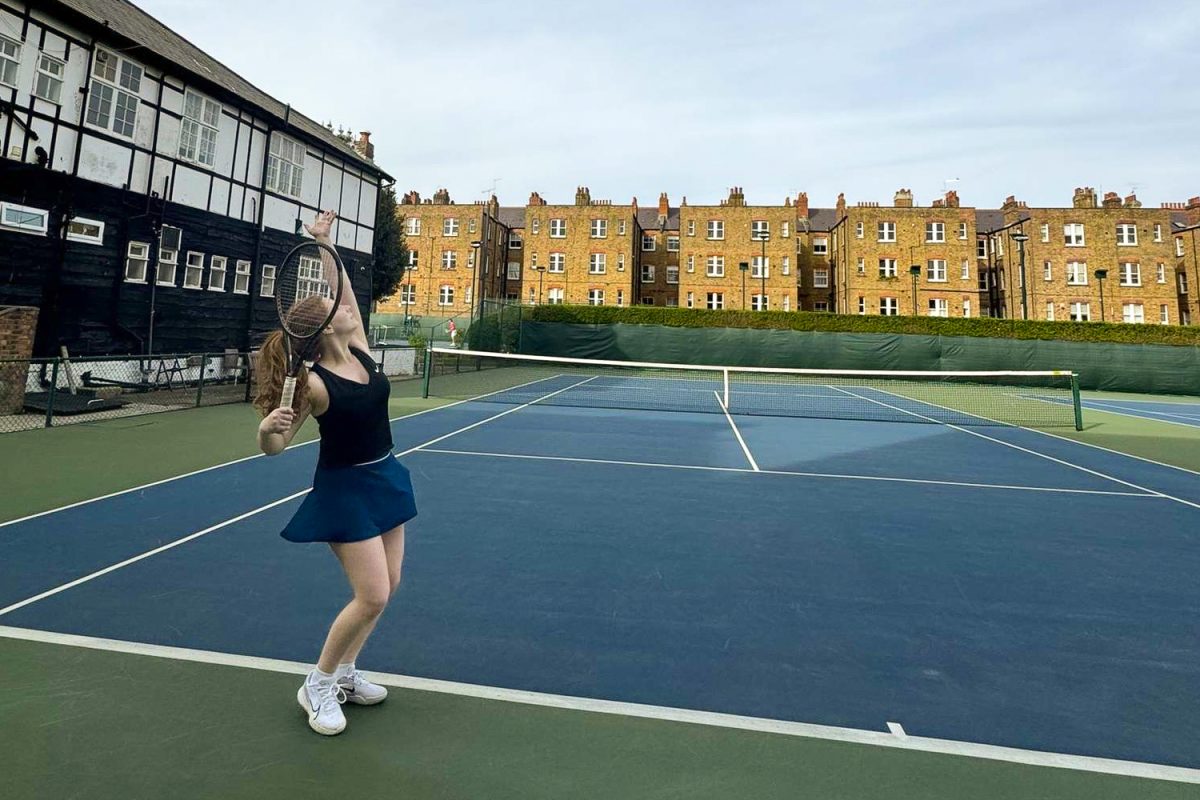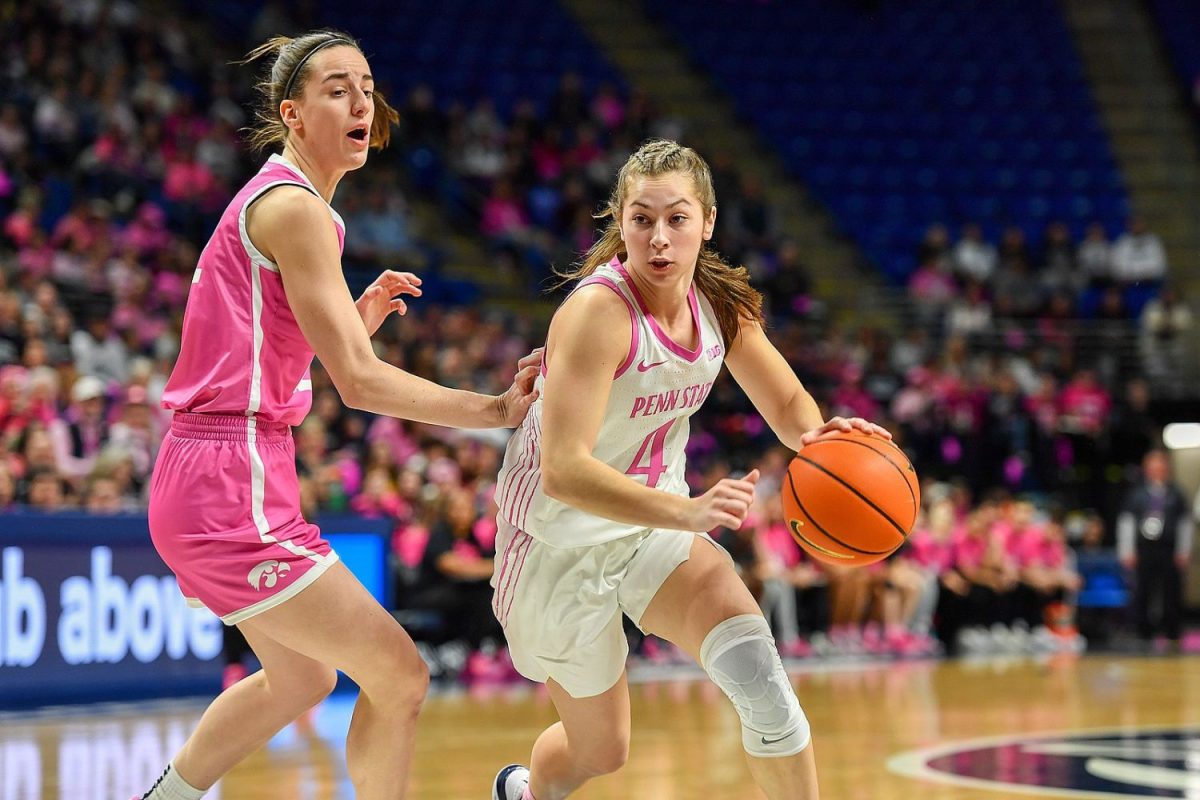With the November 1 Early Action (EA) and Early Decision (ED) deadline for many U.S. universities passed, a large workload was lifted from Leif Merlino’s (’16) shoulders: a workload he had spent numerous weeks tackling.
When the rest of the varsity boys volleyball team traveled to Brussels to play against St. John’s on October 16 and 17 Merlino stayed home writing college essays and preparing for the ACT.
Although Merlino believes “traveling to another country to play a game is a much greater experience [than playing locally],” he views some aspects of the travel as difficult. “As far as a commitment goes, it’s huge. You go to another country just for a few games,” Merlino said.
Maya Matejcek (’17), a varsity girls volleyball player, views the time she spends on schoolwork during these trips as unproductive. “It’s hard to actually do work when you’re traveling because the primary reason you are there is for sports,” Matejcek said.
Not only does the amount of homework pile up with whole days and a large portion of a weekend committed to travel, but also missing multiple classes intensifies the academic burden on athletes when they return home.
Often on these trips Matejcek will attempt to discuss content she has missed in class with teammates. Friends who don’t travel for athletics and attend the same classes as Matejcek – ones she has missed because of travel – also play a large role in helping her academically and alleviating some of the stress caused by missing class. “[When traveling] you have to rely on your friends’ notes. I’ve even gotten people to record parts of a class for me.”
There are many reasons why international trips are organized by the Athletics Department. Team bonding, diversification of ISST competition and the amount of games in a short timeframe rank most importantly in the incentives for competition abroad.
While traveling proves inconvenient for many athletes, especially those in their senior year, traveling affords students with an invaluable experience.
For varsity field hockey player Anya Edelstein (’18), team bonding is a major benefit gained from traveling abroad. “Everyone gets to know each other really well, not just as players, but also as people, so everyone becomes closer.” Edelstein said.
Residing with host families, albeit for a limited time, provided Edelstein a learning environment unlike any available in a classroom. “Staying with host families opens your eyes to different kinds of lifestyles and different kinds of people,” she said.
Experiences on the trips, particularly living with teammates and host families, further develop the camaraderie on a team, Matejcek believes.
Athletic trips also vary from those Edelstein would normally take with her family, which she appreciates. “Traveling with your team as opposed to traveling with your family is a different kind of atmosphere. It’s more relaxed,” she said.
Although Athletic Director John Farmer respects students’ education inside the classroom, he also values what students can learn beyond the classroom on these trips.
As ambassadors of the school, students are expected to represent the school to the best of their ability and behave accordingly. “It’s part of what I call the ASL experience… there are times when the time outside of class with their classmates can be equally educational, just in a different way,” he said.
From an academic perspective though, Merlino finds time spent on the bus and train for traveling mostly idle. “There’s a lot of time you have to account for travel and it’s very tough to do work when you travel,” he said.
Dedicating Friday and Saturday to sport limits Matejcek’s flexibility on Sunday. “[Travelling] puts a lot of pressure on you to be productive on the Sunday when you get back.”
Recognizing the challenges of working during these trips, Matejcek feels she develops as a student while travelling for games abroad. “It’s a good way to build how responsible you can be with yourself because there’s no one there to say when to do your work,” Matejcek said.
While Merlino admits any anxieties about missing schoolwork and classes fade after arriving at the host school, they immediately return upon coming back to London. “You get in this mindset, ‘Oh, we’re going to another country, I don’t really need to worry about school right now’ and then you realize that Monday back that you really need to get back on track,” Merlino said.
Edelstein views the games as “high-stakes,” with nothing short of a victory sufficing after travelling so far at the expense of missed classes and homework assignments.




